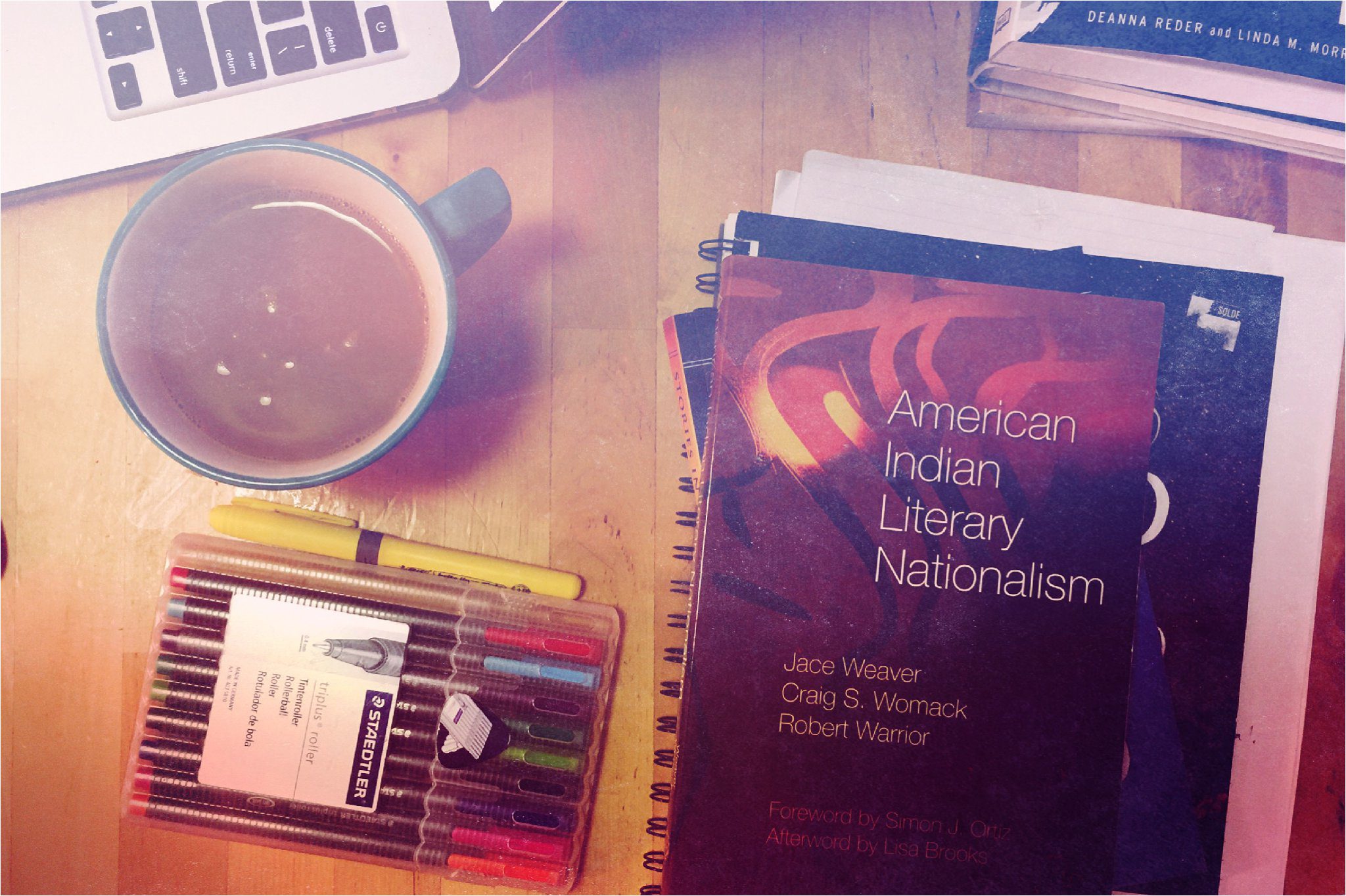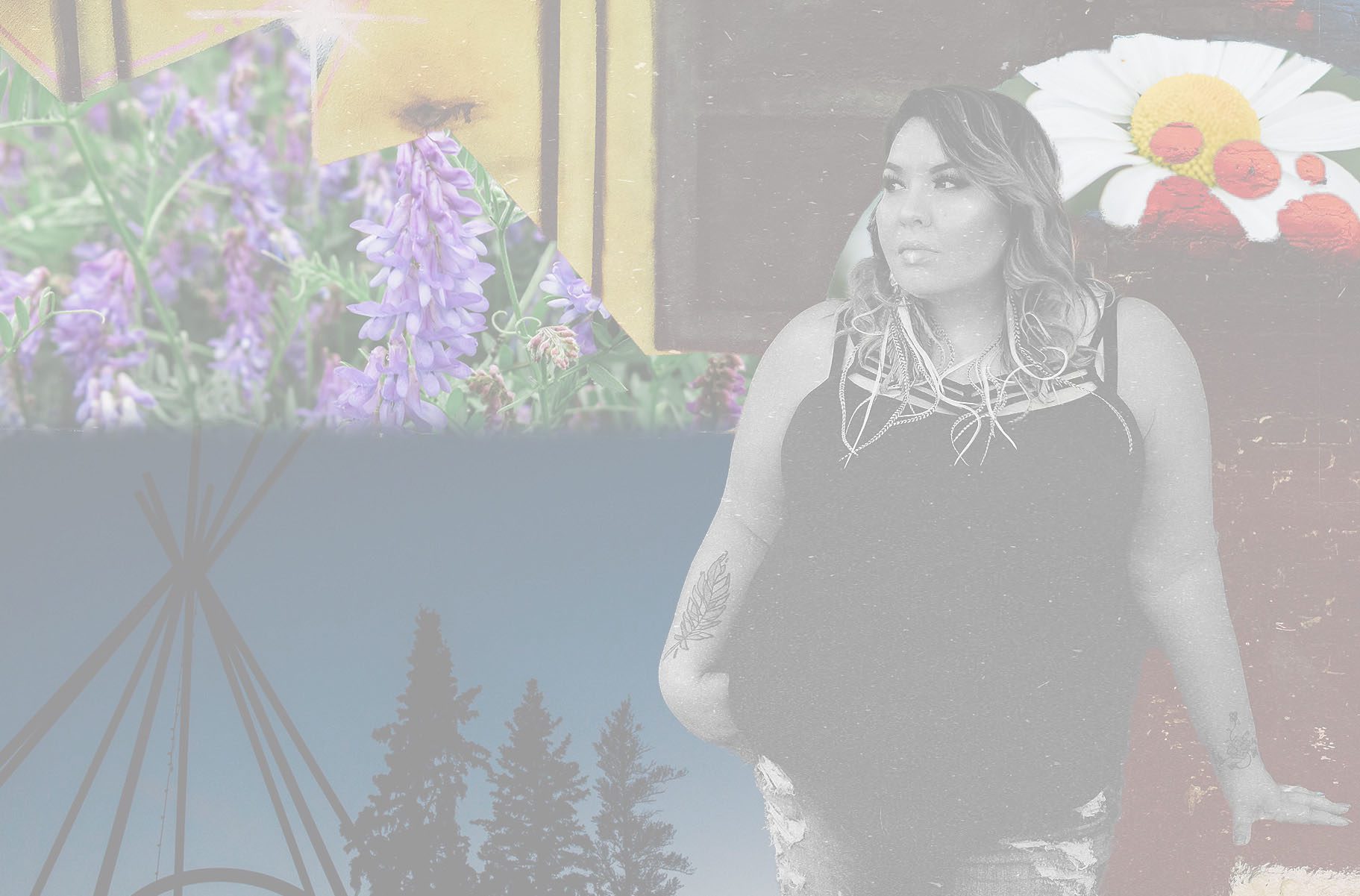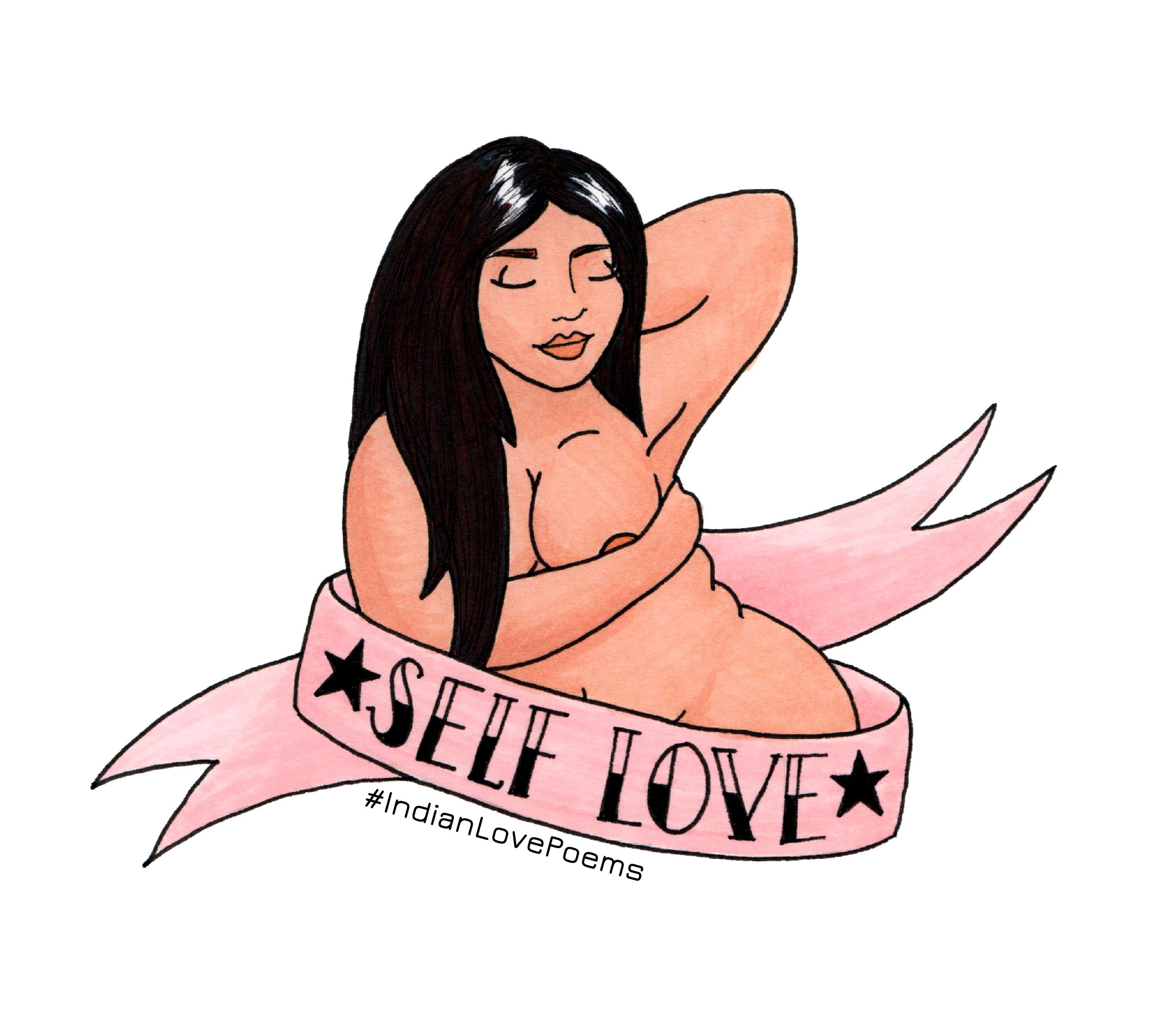 Personal: It was briefly touched on, but the small part of dissecting the ideology of Indigenous Feminism and what that means, in ‘traditional’ an non-traditional settings, was interesting. This is still going on today, how do we as Indigenous women, take feminism and apply the benefits or understandings to our culture, or can we, and what does that mean? I got no answers, but I like it being a part of the discussion.
Personal: It was briefly touched on, but the small part of dissecting the ideology of Indigenous Feminism and what that means, in ‘traditional’ an non-traditional settings, was interesting. This is still going on today, how do we as Indigenous women, take feminism and apply the benefits or understandings to our culture, or can we, and what does that mean? I got no answers, but I like it being a part of the discussion.
The idea of Nationalism – writing all belonging to a collective due to the authentic identity of the author? – and writings belong to this Idea of Nation – cool, okay, but what happens if you don’t fit all the checkmarks…
Quotes:
- “Nationalism is a term on a short list, one that also includes sovereignty, culture, self-determination, experience, and history, that is centra to understanding the relationship between the creative expression of Native American literature and the social and historical realities that such expression embodies” (XV)
- “Said saw criticism as one of the remedies for the excesses of nationalism” (181)
- “Those who cross the boundary to live in the Western world “must confront and deal with the same issues that affect all women” but the traditional Diné world remains a haven in which no word for feminism exists because no such word is needed” (183) – paraphrase touching on Indigenous Feminisms, by author Laura Tohe
- “{AILN is a dynamic model that posits the existence of a field of Native American literature and supports (but does not advocate exclusivity for) scholarship that draws on theoretical and epistimological models that arise from indigenous languages and literatures, as well as the many, varied, complex, and changing modes in which Native nations have operated on the ground, in particular places, over a wide expanse of time” (244)
Further reading: Simon Ortiz’s 1981 essay “Towards a National Indian Literature: Cultural Authenticity in Nationalism”
buy the book: American Indian Literary Nationalism


